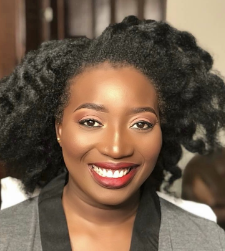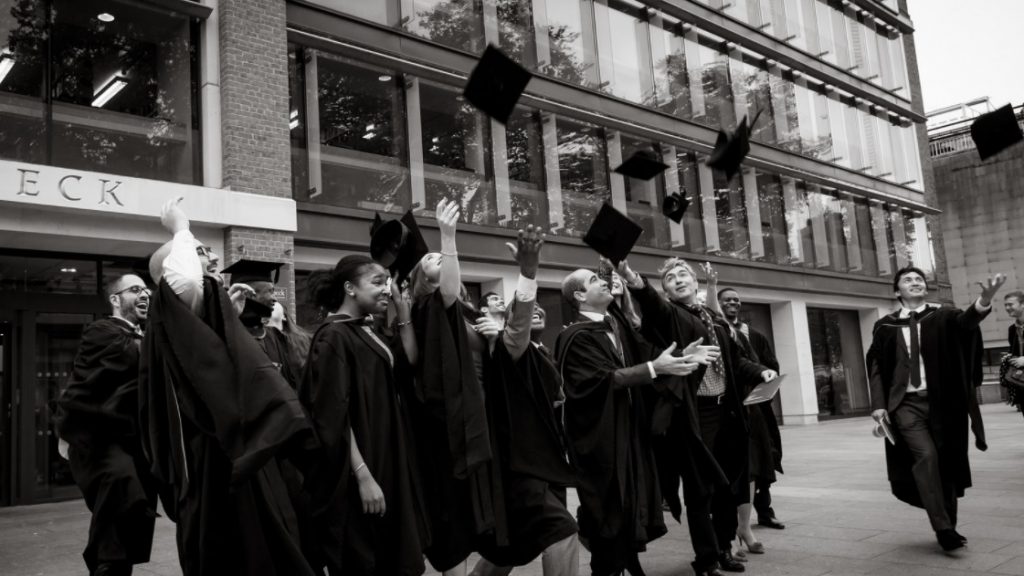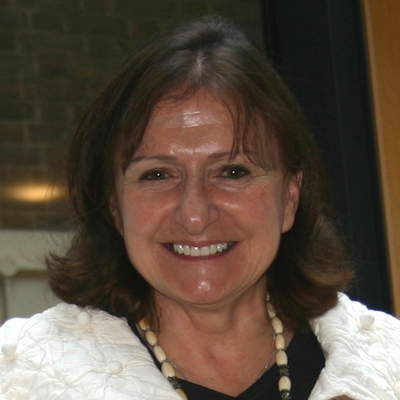Winner of Best Business Idea at this year’s Pioneer Awards, Hetty Bonney-Mercer shares how she plans to empower women in Ghana with her business, FemInStyle Africa.
A great business idea begins when someone identifies a problem that needs solving. Sometimes, these are problems you never knew you had, as the buyers of products like these will testify.
In Hetty Bonney-Mercer’s case, however, the business idea came from a problem she found impossible to ignore. Taking home the Best Business Idea prize at this year’s Pioneer awards, it looks like the judging panel agreed.
FemInStyle Africa is a magazine for women, by women, encouraging them to live their lives to their full potential. The idea for the magazine came from a desire to present an alternative narrative for women in Ghana.
As Hetty explains, “I first had the idea when I was part of a group of women whose gender activism took Ghana by storm in 2017.” The group wanted to flip the script on toxic gender narratives, but they weren’t able to do so without resistance: “The more politicised we became, the more backlash we received. Despite being a population with an equal gender split, the idea of women occupying media spaces was unacceptable.
“In Ghana, the traditional view that the role of women is to keep the home still persists. Just 13% of national politicians are female, and when a woman is given a platform on events such as International Women’s Day, it is always a certain type of narrative being pushed; that keeping a home and a husband is the most important thing, no matter what a woman has achieved. On International Menstrual Hygiene Day, the topic was discussed by an all-male panel!
“My co-founder and I realised that we needed to create a space where we could amplify the voices and experiences of women exclusively. We wanted to change a narrative that is harming future generations of girls.”
Hetty had been working on the early stages of her business idea when she saw an email from Birkbeck about the Pioneer programme.
“I thought that this was the opportunity I needed to develop the business. I sent it to my co-founder and she encouraged me to go for it.
“I gained so much from the programme: I made some really great friends and received incredible support from the speakers and fellow students. It was amazing to be in a room filled with so much passion: everyone there had a problem to solve. Coming from a background in Politics and International Relations, I learned the practicalities of running a business from some amazing female entrepreneurs who spoke on the programme.”
The FemInStyle Africa magazine website is currently under construction and will feature five columns: politics, gender activism, working women, financial advice and travel and style. The target readership is women aged 16-45, although Hetty wants the magazine to be read as widely as possible: “We want sixteen-year-olds to read the politics column or our profile of working women and see women who they’ll aspire to be like. For more mature readers, we want them to read something and see their own experience and values reflected. We want young people to see the possibilities of what could be, despite the societal pressures around them.”
The online magazine is a starting point, but Hetty’s vision for FemInStyle Africa extends much further. “We’ve set ourselves a six-month deadline to produce the magazine in print as well. In Ghana, data is a matter of class. Not everyone can afford to be online. We’re hoping to make the magazine free to reach as many people as we can.”
There are also plans in place to establish a mentoring programme alongside the magazine, providing further opportunities to empower young Ghanaian women. It is a project close to Hetty’s heart: “I cannot stress enough how important it is to get women a seat at the table. We want women to come on this journey with us and see that their futures are not pre-determined.”
Further Information:





 Dr Dominic Janes
Dr Dominic Janes



